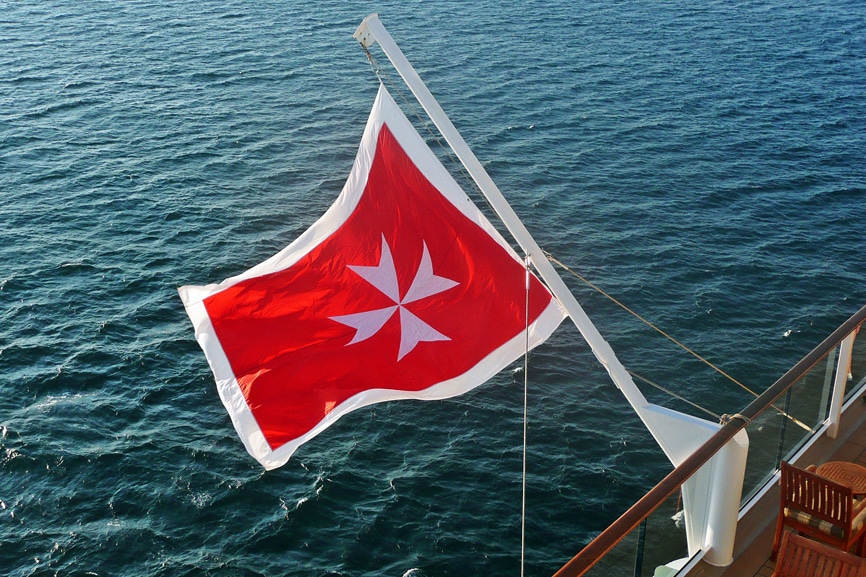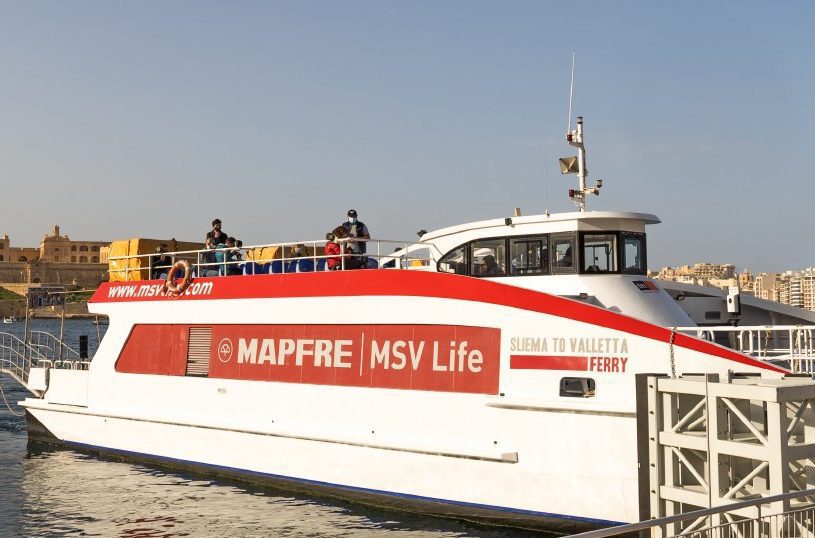
Nationalist Party (PN) maritime spokesperson Ivan Castillo has advised caution on the EU’s proposed banning of ships flagged in the bloc from transporting Russian oil.
“This is a very delicate situation where we need to tread carefully, at present we are also discussing the situation with stakeholders and professionals to better understand the ramifications,” Mr Castillo told BusinessNow.mt.
His comments come before, in a speech to the country’s parliament, Ukrainian President Volodymyr Zelensky urged Malta to take a harsher stance on Russia, while acknowledging that Malta-flagged vessels are used to transport Russian oil.
Malta’s Government requested an exception over the EU’s proposed ban, which is aimed to increase pressure on Russia over its invasion of Ukraine while also reducing EU reliance on Russian energy.
Like his Labour Party opposites, the PN MP has backed sanctions on an ideological (if not material) basis, commenting: “There is no doubt that Malta should support initiatives aimed at bringing pressure to bear against the unlawful Russian invasion.”
Additional consideration after aforementioned stakeholder discussion, he said, would allow the country to make an informed decision based on facts and in its own best interests.
Mr Castillo added that while the issue is one of national interest, the PN has not been consulted or given information by the Government but expressed his hope that this would change.
Malta has amongst the largest maritime registries in Europe, including a number of vast number of tankers. This is lucrative for the state, and the registry brought in around €24 million in 2021, while the wider maritime sector contributed 14 per cent of Malta’s GDP.
For the private sector the registry is also profitable, with a number of law and consultancy firms offering their services to shipping operators with (or applying for), a Malta flag.
Indeed, speaking to BusinessNow.mt, Thomas Sullivan, board member at the Malta Maritime Forum (MMF) and commercial director at Seatrans Shipping Ltd confirmed that a ban on Malta-flagged ships carrying Russian oil would have a detrimental impact on the private sector.
“Lawyers and consultants will be impacted,” he warned.
More generally, addressing the broader EU sanctions package, which will prohibit Russian oil imports in six months for most countries, he warned that it will be the general public that is likely to feel the worse impact as oil prices approach $180 a barrel.
“I don’t think Malta-flagged ships will be banned from Russian ports, especially in the Black Sea, as this region is very important for Europe,” he added.
The number of Malta-flagged ships that carry Russian fuel is unclear, but on Friday there were six Malta-flagged tankers approaching the Russian port of Novorossiysk, which is host to a ‘critical’ oil terminal.
A ship’s flag represents where it is registered, and dictates that the ship must comply with international and maritime laws of the registered country in the open sea.
Malta is a particularly popular choice for maritime flagging, especially in the post-Brexit landscape.
Between 2019 and 2020, Malta’s registered maritime tonnage increased by seven per cent, representing the largest increase in the world.
Amongst the things that make the country’s registry an attractive one is its approved tonnage tax and corporate tax system, which offers a favourable fiscal atmosphere.
Property more affordable today than it was in the ’80s,’ says leading architecture firm
The valuation practice of DHI Periti based its argument on data going back 40 years
Valletta Ferry Services suspends Sliema service due to weather conditions
This comes as a result of strong winds and a swell in the harbour
Government appeals court decision to grant €111m to National Bank shareholders
Government justified its intervention in the National Bank by stating that it averted economic catastrophe






